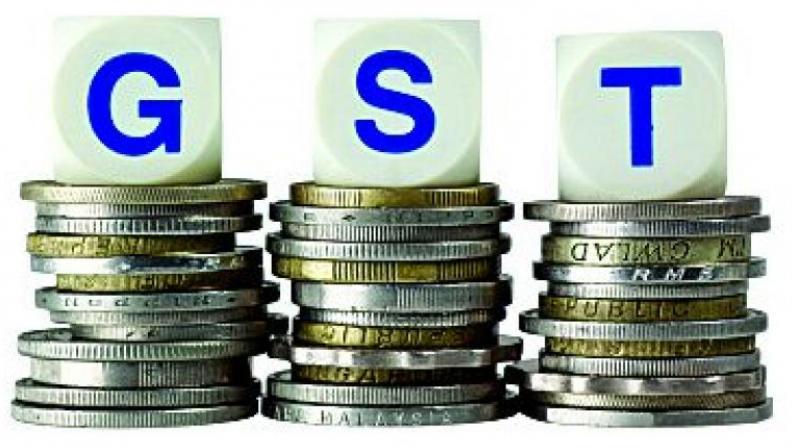A small business's guide to managing GST
GST is the largest indirect tax reform of our country since independence which would push our economy ahead.

Small and Medium Enterprises, or SME’s, have been one of the strongest growth drivers for the Indian economy for decades now. GST is the largest indirect tax reform of our country since independence which would push our economy ahead. Businesses, politicians, markets and even the common man has shown optimism towards the implementation of a tax regime that has eliminated the need for too many different taxes and thus, unifying India as a common market. However, SME’s have expressed concerns over the new tax regime. The reform gives equal footing to the big enterprise, SME alike and removes tax differentiation. This guide is for all those small businesses that may face difficulty in the transition.
Increase in the tax base
Earlier, only manufacturers with a turnover greater than 1.5 crores were liable to payexcise duties and etc. However, under the new tax regime, turnover greater than 20 lakhs/10 lakhs (special states) will fall under the purview of the tax.
Easy Compliance
Compliance under the new tax regime will be done digitally. Registrations, returns, refunds and payments will not require interaction with department officers. With time, the costs of compliance will fall too, greatly benefiting the SME’s. Along with lesser time frame, the cost of compliance will also decrease which would intern benefit the SME’s.
Small trader’s problems
• Under GST, companies are required to ensure that all their suppliers are registered under GST. This can be troublesome for small traders that are exempted from paying GST due to their lower annual turnover. However, their clients might take their business elsewhere due to lack of ST compliance.
• Returns were required to be filled once a quarter earlier, now in a year they are required to file 37 returns. Some SME’s find this too complicated and resource consuming.
• A P K Reddy, president of the Federation of SME said “SME’s have been using basic tallying technology.” Furthermore, small traders still maintain paper and ledger accounts. Complying with the digital interface might be troublesome.
Benefits for SME’s
• GST has been tailored to eliminate the cascading effect of tax. Input credits will reduce the burden of tax and therefore reduce costs for SME’s.
• Increase in compliance will allow transparent and accountable competition with the elimination the informal sector.
• After demonetization, GST compliance SME’s enabling to borrow money from financial markets easily and at cheaper rates too.
• Elimination of cross border taxes will make it easy to do business across the country. Logistics will become cheaper and faster, greatly benefiting SME’s.
• Ease of doing business will increase and therefore costs and working capital will eventually be easily available and managed.
Compliance Requirements and features
One of the greatest concerns for SME’s is that there is lack of skills, knowledge and budget to make the transition to a digital compliance platform. However, with GSP’s like Payworld the digital transition will be done smoothly.
Payworld offers several services that cater all the needs of a SME which would need to comply with the new GST regime. Some of the features applicable to SME’s are;
• Online registration will be done with ease. Timely receipt of certificate of registration will further ease the process, along with the elimination of unnecessary bureaucracy. Payworld will aid those concerns that lack technical expertise and ensure cost effectiveness.
• Refunds can be fast-tracked through the digital platforms provided by Payworld. Input tax credits and such will be calculated automatically and allow for SME’s to enjoy better liquidity. This however, depend on the returns filed, which is another service offered by Payworld.
• All returns will be filled electronically. This can be done through several services offered by Payworld. SME’s can use their own software or employ Payworld’s software as per need.
GST may level the playing field between large and small enterprises. The only hurdle SME’s need to overcome is the initial transition to a digital platform, an obstacle that is short-term in nature. However, with GSP’s like Payworld, SME’s can work towards the right direction in cost effective and timely manner.

